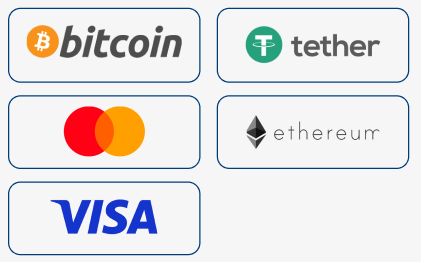Exchange-Traded Funds (ETFs) have emerged as one of the most popular investment vehicles for both novice and experienced investors. Offering a blend of diversification, low costs, and ease of trading, ETFs are an excellent choice for building a robust investment portfolio. In this article, we’ll explore the essentials of ETF investing and how you can get started, with a special focus on Vanguard’s automatic investing options and the interplay with Forex markets.
Understanding ETFs
ETFs are investment funds traded on stock exchanges, much like individual stocks. They hold assets such as stocks, bonds, or commodities and are designed to track the performance of a specific index. One of the main advantages of ETF investing is the diversification it offers, as each ETF holds numerous underlying assets, mitigating individual asset volatility.
Benefits of ETF Investing
- Diversification: ETFs provide exposure to a wide array of securities, reducing the risk compared to investing in single stocks.
- Cost-Effectiveness: They generally have lower fees than managed funds, making them an economical choice.
- Liquidity: ETFs can be bought and sold throughout the trading day at market prices.
- Transparency: Holdings within ETFs are disclosed daily, so you always know what you’re invested in.
Vanguard Automatic Investing ETF
Vanguard is a leader in low-cost investing and offers a wide range of ETFs to choose from. Their automatic investing service makes it even simpler to invest in ETFs by allowing investors to set up scheduled investments. This means you can regularly invest fixed amounts into your chosen ETFs, taking advantage of dollar-cost averaging without having to manually make trades each time.
How It Works
- Select Your ETFs: Choose from a variety of Vanguard ETFs based on your investment goals.
- Set Up Automatic Transfers: Decide on the amount and frequency of your investments.
- Monitor Your Portfolio: Vanguard’s platform allows easy tracking of your ETF investments and performance.
ETF Investing and Forex
While ETFs typically track stock or bond indices, there are also ETFs that track currency movements, which can be a useful tool for investors interested in the Forex market. Forex ETFs are designed to replicate the performance of currency pairs, offering an alternative to direct Forex trading. This can provide exposure to Forex while benefiting from the advantages of ETF investing.
Integrating Forex ETFs into Your Portfolio
- Risk Management: Use Forex ETFs to hedge against currency risk in international investments.
- Diversification: Add a new asset class to your portfolio for broader diversification.
- Accessibility: Invest in the Forex market without the need for a specialized Forex account.
Getting Started with ETF Investing
Starting with ETF investing is relatively straightforward. Open a brokerage account, research ETFs that align with your investment strategy, and consider setting up automatic investments to build your portfolio over time. Always remember to review the costs associated with each ETF and understand the tax implications of your investments.
ETF investing offers a practical way to achieve financial goals with flexibility and control. Whether you’re looking at traditional stock and bond ETFs or exploring options like Vanguard’s automatic investing service and Forex ETFs, there’s a wide world of opportunities to diversify and grow your wealth. Are you ready to dive into ETF investing?







